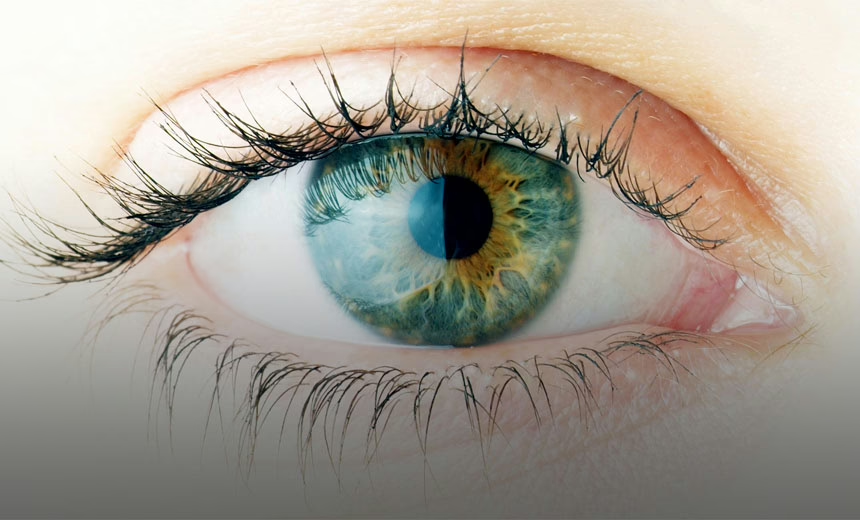Subscribe to eyeMatters periodic news
"*" indicates required fields
LASIK vs contact lenses: what the latest study reveals

Researchers studying patients undergoing laser vision correction with LASIK and those who continued using contact lenses have found that patients choosing corrective surgery had the higher levels of satisfaction.
The three-year longitudinal survey of 1800 US patients showed that this was the case one, two and three years after surgery. Findings of the world-first study, conducted by the Cornea Research Foundation of America, were published in the August 2016 issue of Ophthalmology.
The 1800 patients were divided into three groups:
- 39% continued to wear contact lenses (CCL group)
- 45% wore contact lenses at study start and proceeded to have LASIK
- 16% wore glasses at study start and proceeded to have LASIK
Specially designed surveys were completed at the start of the study (in other words, prior to having LASIK for groups 2 and 3) and after one-, two- and three years.
Key findings
- After one, two and three years, the proportion of LASIK patients who were strongly satisfied was significantly higher than CCL wearers*
- After three years, the proportion of CCL wearers who were strongly satisfied decreased 9% to 54% – in contrast, the majority of those who chose LASIK were strongly satisfied with the results (88% of group 2 and 77% of group 3)
- Younger patients (< 40 years at time of surgery) were more likely to be strongly satisfied than older patients
- Night-vision disturbances and ease of night-time driving significantly improved following LASIK
- Patients with potential latent dry eye problems (e.g. those who found contact lenses uncomfortable) might be more prone to symptoms of dry eye after LASIK
- Patients who underwent LASIK had significantly lower self-reported rates of eye infections, ulcers and abrasions than CCL wearers
In addition, each yearly survey revealed that up to a quarter of the CCL group had reduced the amount of time they wore contact lenses during the previous year.
A significant percentage of the global population is affected by clinically detectable short-sightedness, long-sightedness and astigmatism. Corrective options include glasses, contact lenses and laser vision surgery (including LASIK) – each with its own benefits and drawbacks.
Where aesthetics is a primary concern, contact lenses and refractive surgery are popular options. Laser vision correction, now backed by decades of clinical trial data demonstrating its efficacy and safety, may be preferable for those not wanting to maintain optical aids (or whose living/work situations are not amenable to doing so easily or safely, e.g. military personnel or sportspeople). The potential for eye infections, such as infectious keratitis, and abrasions may also deter some people from using contact lenses.
The study is unique in that it compared LASIK with a control group of patients who continued to wear contact lenses, which the authors deemed to be the appropriate benchmark. They did note the subjectivity of self-reported outcomes and that the study was not designed to validate patients’ subjective responses with objective clinical measures.
*Strong satisfaction was defined as strong agreement with the statement ‘I would recommend my current method of vision correction to a close friend or family member’
Study details
Price MO et al. Three-Year Longitudinal Survey Comparing Visual Satisfaction with LASIK and Contact Lenses. Ophthalmology 2016; 123(8):1659–66.
The information on this page is general in nature. All medical and surgical procedures have potential benefits and risks. Consult your ophthalmologist for specific medical advice.
Date last reviewed: 2021-04-15 | Date for next review: 2023-04-15
